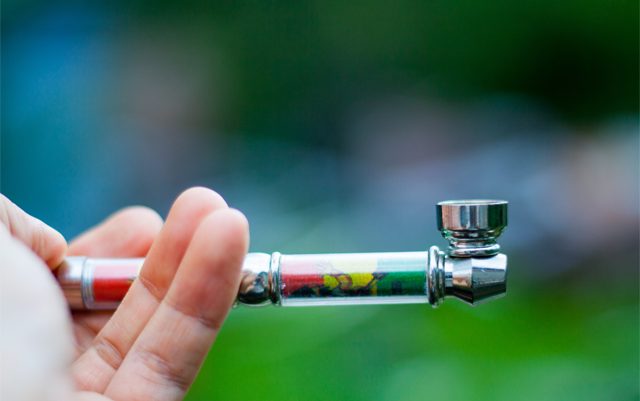When individual states decide to finally remove stigmas and criminal penalties surrounding cannabis, gray areas almost inevitably arise. One such gray area comes about when someone chooses to consume recreational cannabis in a state where it’s legal, and their employer finds out about their consumption in their home state where prohibition continues.
That’s exactly what happened to a former high school science teacher in Texas recently. School authorities discovered through emails from a disgruntled former school employee that Maryam Roland, who had taught science at Parkland High School in El Paso, had used cannabis.
Roland later admitted to school district officials that she had ingested an edible cannabis product during Christmas break in Colorado in 2014-2015. After that, the Texas Education Agency sought to suspend Ms. Roland’s teaching license for two years after she tested positive for marijuana. Although she wasn’t fired, she resigned in February 2015, most likely due to school politics and ostracism from her co-workers. A suspension of her license would definitely have affected any effort she made to return to teaching.
Administrative law judge William G. Newchurch thankfully had enough sense to push back against the education agency. The judge said that punishing Ms. Roland would be like “taking action against someone who had gambled at a casino in Nevada and then returned to Texas, where gambling is illegal.”
Judge Newchurch did not find Ms. Roland “unworthy to instruct”, and he recommended that the education agency take no action against her teaching certificate. The Austin American-Statesman published the judge’s decision.
After all of the much-needed advancements we’ve seen when it comes to legal cannabis, this type of trivial nonsense should not have been a legal case, let alone a news story. Whether a public school teacher should be “allowed” to consume alcoholic beverages on their own time likely isn’t being brought into question. Few professionals of any kind are being tested for the presence of alcohol in their body, let alone being ostracized by their co-workers for consuming, then being forced to take drug tests, causing them to resign from their jobs, spend money on a lawyer and have agencies try to take their professional licenses away. The entire process unnecessarily cost private and taxpayer money and time that Ms. Roland could have spent educating young people instead.
As long as an education professional is consuming cannabis products legally, it should be no one’s business but their own. But some people will continue to make it their business – especially nosy busybody neighbors and co-workers, police, bureaucrats and the like. The way we push back against this hyper-vigilant, holier-than-thou ignorance is with facts, responsible adult consumption, and scientific research. We’ve come a long way, but we still have a ways to go.






